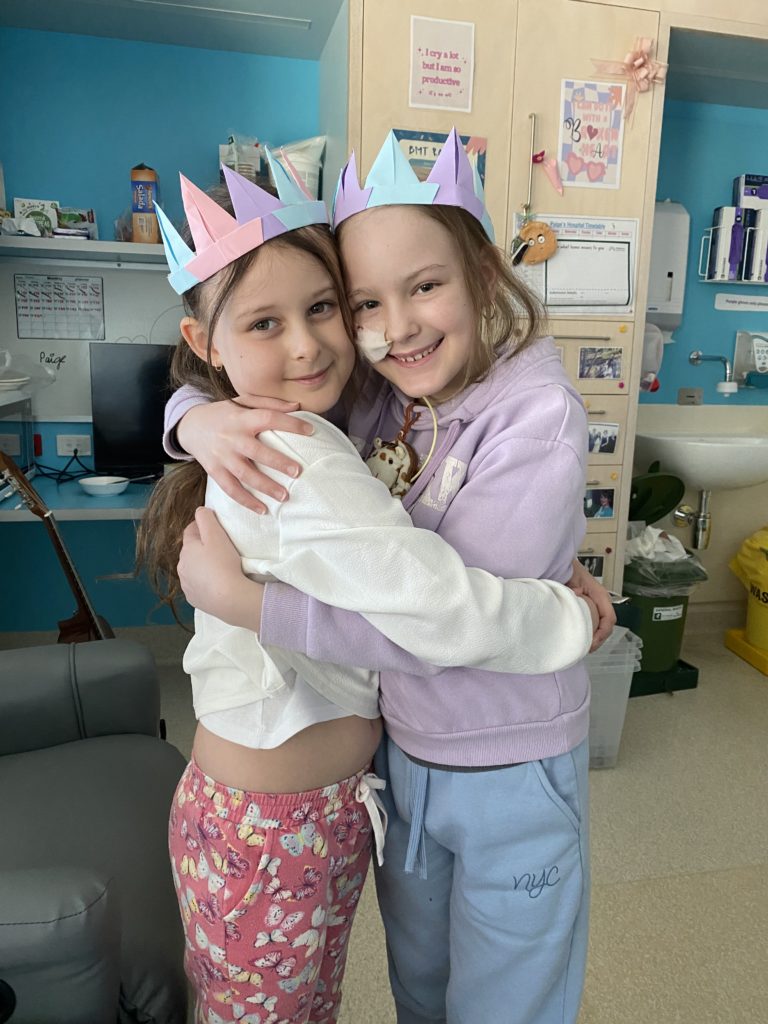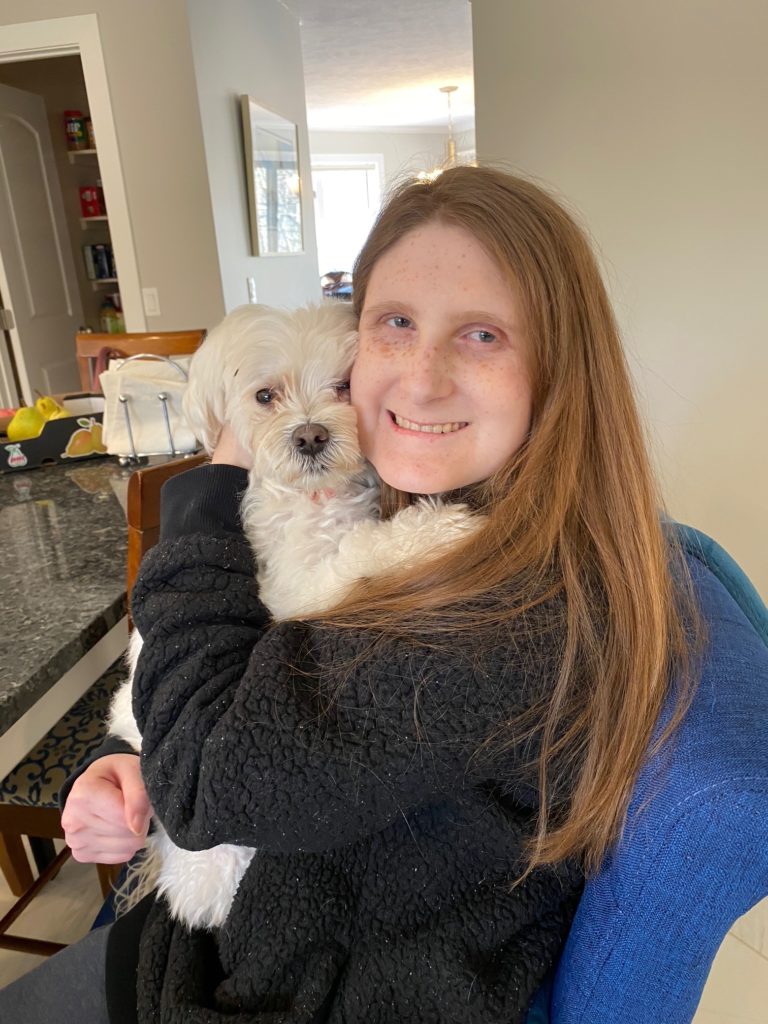Research is the answer to one day making FA a treatable, manageable disease. Here, you'll discover the most recent strides in FA research and activities funded by FCF. Every quarter, we'll bring you updates on newly funded grants, ongoing projects, and significant milestones.
Directory

Sharon Cantor
Associate Professor | PhD
My laboratory focuses on understanding how tumor suppressor proteins function to maintain genomic integrity and suppress cancer. In particular, we focus on the hereditary breast and ovarian cancer genes, BRCA1, BRCA2 and the BRCA1-associated helicase, FANCJ (BACH1/ BRIP1). Bi-allelic loss of these genes also causes Fanconi anemia (FA), a rare chromosomal instability and cancer syndrome. Our work on FANCJ revealed that DNA repair defects underlie both hereditary breast cancer and FA. Currently, we are employing biochemical and whole-genome screening technologies, to uncover mechanisms regulating DNA repair choice and how cancer cells evade toxic chemotherapies.
FA Research Projects
| Year | Project |
|---|---|
| 2020 | A small molecule approach to overcome replication dysfunction in FA |
The Latest
News & Events


What I hope for most is a cure. And until then, I hope for Paige and others with FA to live lives as close to normal as possible, filled with opportunity, independence, and happiness.

Fear and sadness are embedded with Fanconi anemia (FA), yet I have always tried to have a hopeful tone to my essays thinking of the effect on the families who read it. This one is no different. I lost my gutsy 24-year-old daughter Tara in September. She was created by God for purpose. I always told her she brought out the best in people.

